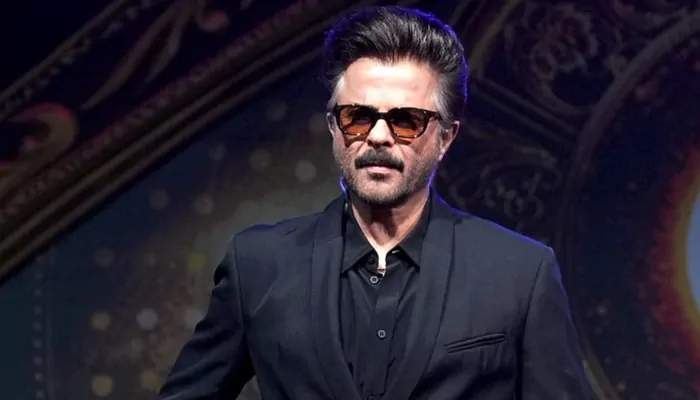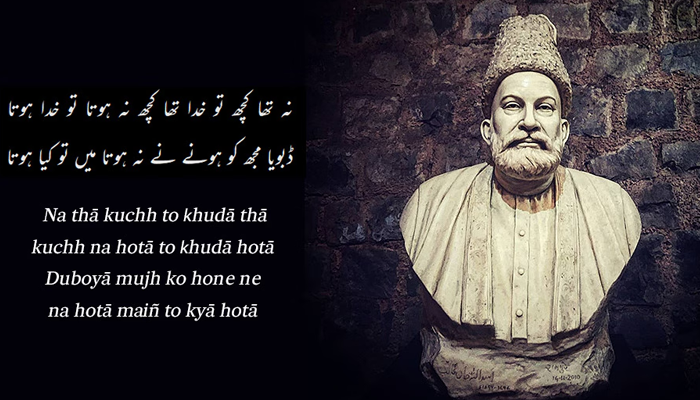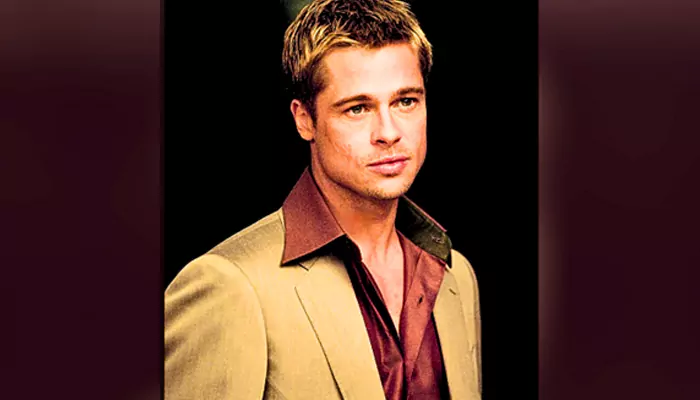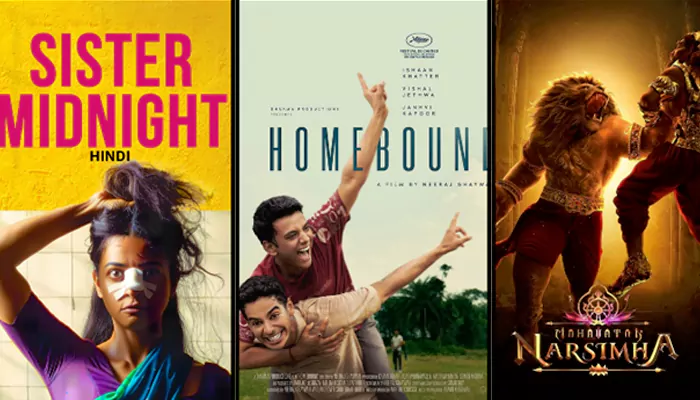
Nigerian filmmakers, particularly those from the vibrant Nollywood industry, are increasingly influencing global cinema with their unique storytelling, innovative production techniques, and cultural authenticity.
Nollywood, the world’s second-largest film industry by volume, has transcended its local roots to become a significant player on the international stage. Through the global distribution of Nigerian films, collaborations with international studios, and the growing presence of Nigerian stories in mainstream cinema, these filmmakers are reshaping perceptions of African cinema and contributing to the global film landscape.
1. Global Appeal of Nollywood Films
Nollywood’s rapid growth and widespread appeal can be attributed to its ability to produce films that resonate with both local and global audiences. Nigerian filmmakers often draw on the country’s rich cultural heritage, blending traditional narratives with contemporary themes that address universal issues such as love, family, politics, and social justice. This blend of the local and global has made Nollywood films popular not only in Africa but also among the African diaspora and international audiences who are increasingly seeking diverse stories.
Streaming platforms like Netflix have played a crucial role in amplifying Nollywood’s global reach. By acquiring and promoting Nigerian films, Netflix has introduced these stories to millions of viewers worldwide. Films like "Lionheart" by Genevieve Nnaji, which was Nigeria’s first-ever submission for the Oscars, and Kunle Afolayan’s "Citation," which tackles issues of sexual harassment in academia, have garnered international acclaim and brought Nigerian cinema to the forefront of global conversations.
2. Innovative Storytelling and Production
Nigerian filmmakers are known for their resourcefulness and innovation, often producing high-quality films on modest budgets. This creativity extends to storytelling, where filmmakers experiment with genres, narratives, and production techniques that challenge conventional norms. The result is a diverse filmography that includes everything from romantic comedies and historical dramas to thrillers and supernatural tales, each offering a fresh perspective on African life and experiences.

Moreover, the rise of new digital technologies has enabled Nigerian filmmakers to improve production quality, making their films more competitive on the global stage. High-definition cameras, advanced editing software, and sound design tools are now more accessible, allowing for the creation of visually stunning and technically sophisticated films that can hold their own in international markets.
3. Cultural Representation and Authenticity
One of the most significant contributions of Nigerian filmmakers to global cinema is the authentic representation of African culture. In contrast to the stereotypical depictions often found in Western media, Nollywood films present a nuanced and multifaceted view of African life. From the bustling cities of Lagos and Abuja to the rural landscapes of Nigeria’s villages, these films offer a glimpse into the everyday realities, traditions, and aspirations of African people.
This cultural authenticity resonates with audiences who are eager for more diverse and accurate representations in cinema. As a result, Nigerian filmmakers are not only shaping how Africa is perceived globally but are also inspiring a new generation of African filmmakers who are committed to telling their own stories.
4. Collaborations and Cross-Cultural Exchanges
The increasing recognition of Nollywood’s potential has led to collaborations between Nigerian filmmakers and international studios, producers, and actors. These partnerships are creating opportunities for cultural exchange and the cross-pollination of ideas, leading to films that blend African and Western cinematic traditions. For example, Nigerian director Akin Omotoso’s collaboration with American actor Anthony Mackie in "The Falcon and The Winter Soldier" is a testament to how Nigerian talent is being integrated into global productions.
These collaborations are not only expanding the reach of Nigerian cinema but are also contributing to the global film industry’s diversity and richness.

Nigerian filmmakers are playing a pivotal role in shaping global cinema by bringing authentic African stories to the world, pushing the boundaries of storytelling and production, and fostering cross-cultural collaborations. As Nollywood continues to grow and evolve, it is poised to make even greater contributions to the global film industry, offering a wealth of creativity, diversity, and cultural depth that enriches the cinematic landscape. Through their work, Nigerian filmmakers are ensuring that African voices are heard and celebrated on the world stage.












